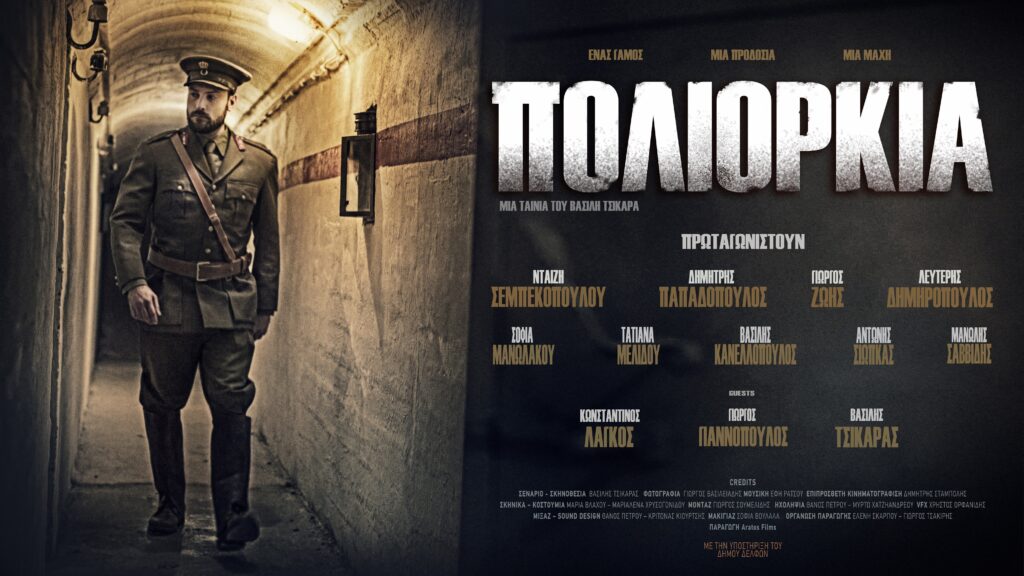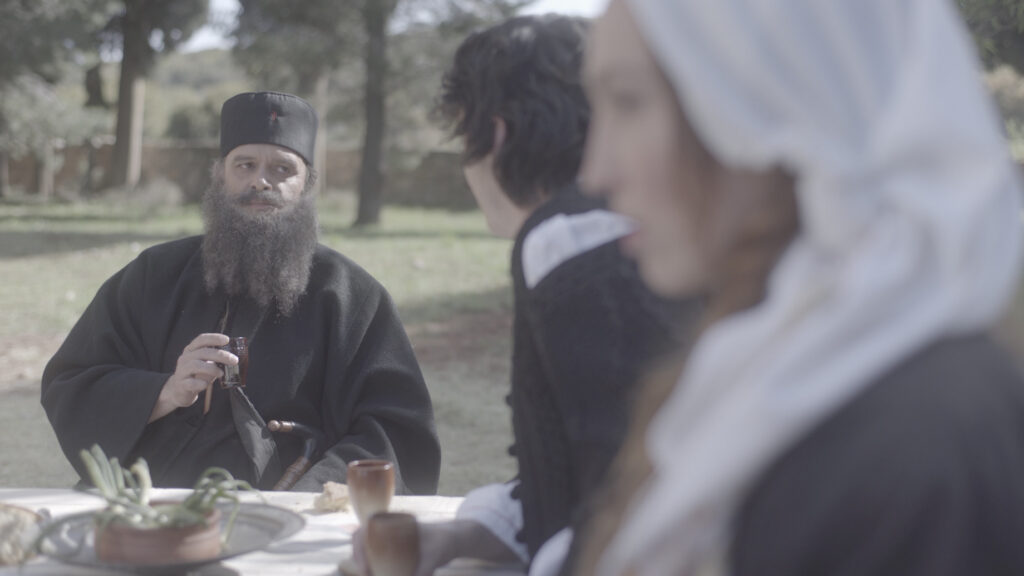The Greek Community of Tasmania is holding an inaugural film screening of Vasilis Tsikaras’ film, Poliorkia, on March 25 at 8pm to kick-start their celebrations for the 200-year anniversary of the Greek Revolution this year.
The film, which was made in Greece in 2019, is inspired by the story of the Battle for Dovra Monastery in 1822 in Veria, Greece.

It follows the love story of two young Greeks as they prepare to secretly get married in a church that is surrounded by Turkish troops.
Christina Papastamatis, a committee member of the Bicentennial Community of Tasmania, tells The Greek Herald that anyone who is over 15 years old is encouraged to attend the film and enjoy an event which is “rare” for Tasmania’s Greek community.
“It’s rare that the Greek community of Hobart can attend the cinema and watch a movie in their native language, based on such a significant historical event, and to celebrate the Bicentennial with a film set during the period,” Ms Papastamatis says.

“With heartfelt gratitude and respect, the Greek community of Tasmania would like to thank the director of the film, Mr Vasilis Tsikaras, who is allowing us to show his film, on such a momentous occasion. Tasmanian Greeks are proud of our Greek heritage and our history.”
Tickets for the film are available now via this link. Children (16 years old and under): $15. Adults (17 years old and above): $20.

